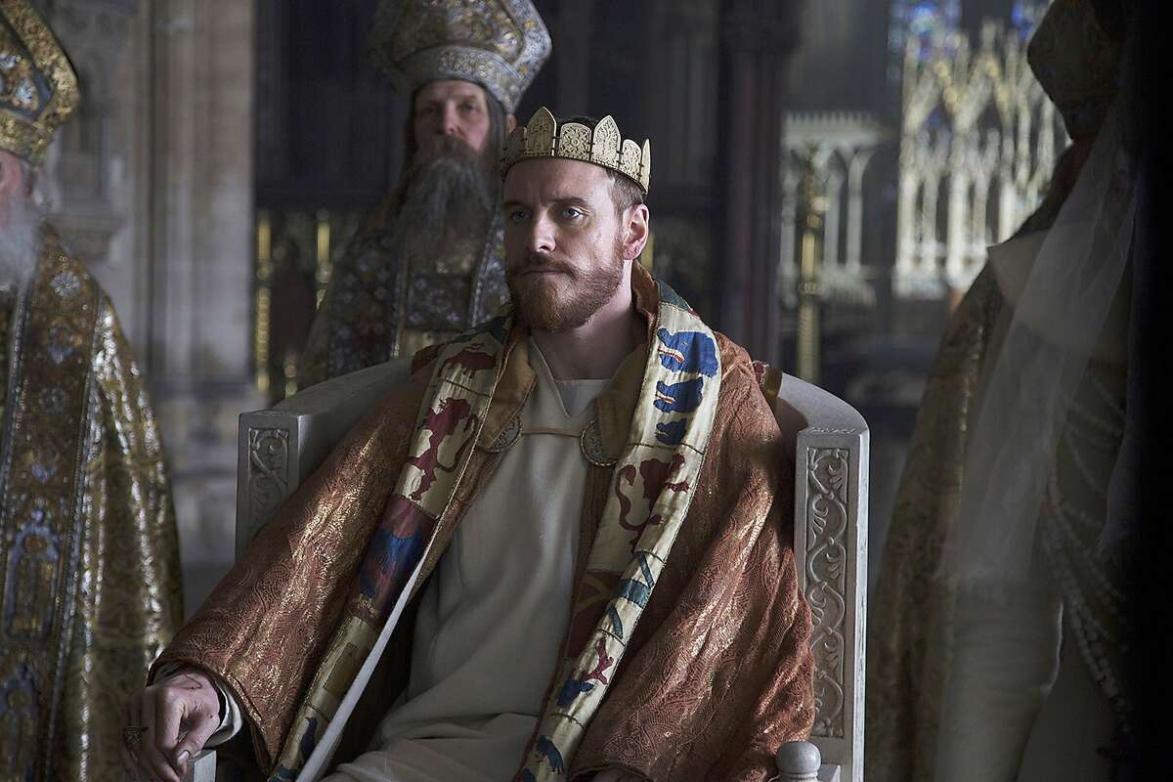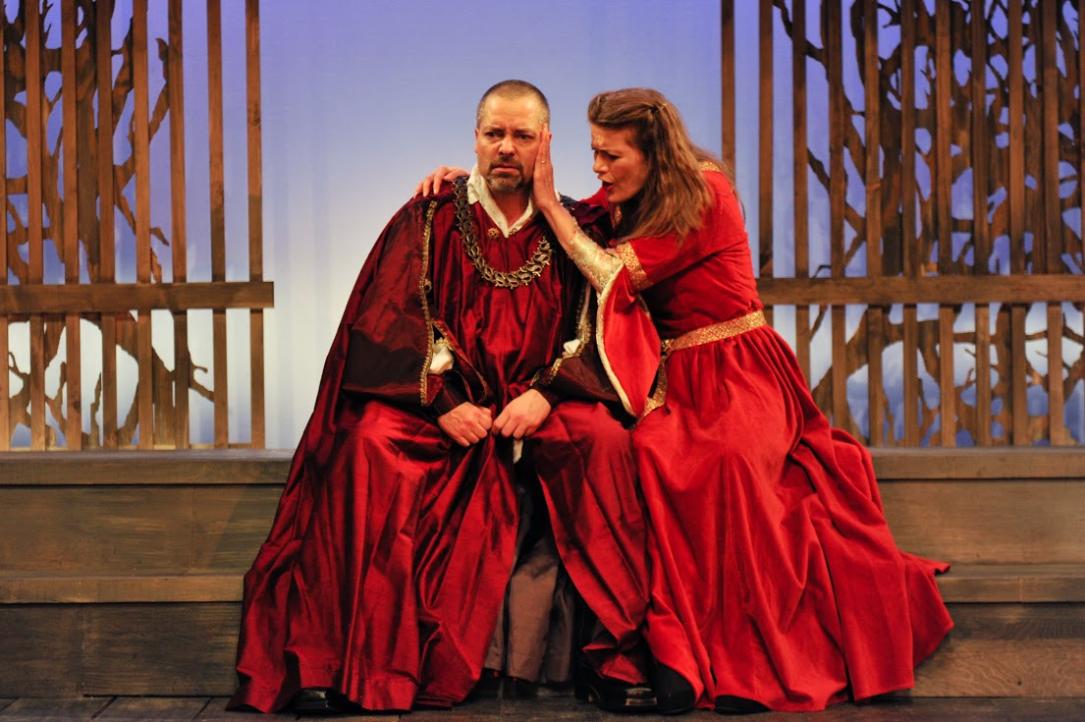Fate and Free Will in Macbeth: A Question of Control and Responsibility
In the realm of literature, few plays have explored the intricate relationship between fate and free will as profoundly as William Shakespeare's "Macbeth." This timeless tragedy delves into the depths of human ambition, guilt, and the struggle for control over one's destiny, raising questions about the extent to which our actions are predetermined or shaped by our own choices.

Thesis Statement: This article explores the complex interplay between fate and free will in "Macbeth," examining how these forces influence the characters' actions, decisions, and ultimately, their tragic downfalls.
I. Fate And Prophecy:
- The Witches' Prophecies: The play opens with the encounter between Macbeth and the three witches, who deliver a series of prophecies that set the stage for his downfall. These prophecies, particularly the prediction of Macbeth's rise to power, sow the seeds of ambition and drive him toward his tragic destiny.
- Influence on Macbeth's Ambition: The witches' prophecies act as a catalyst for Macbeth's ambition, fueling his desire for power and ultimately leading him down a path of destruction. The prophecies become a self-fulfilling prophecy, as Macbeth's actions to secure his position lead to his downfall.
- Fate as a Predetermined Path: The witches' prophecies raise questions about the nature of fate and whether characters have any control over their destiny. Macbeth's story suggests that fate may be a predetermined path that characters are powerless to change, as his actions seem to be guided by the prophecies.
II. Free Will And Moral Choices:
- Macbeth's Agency and Moral Responsibility: Despite the influence of fate, Macbeth is not absolved of moral responsibility for his actions. The play emphasizes Macbeth's agency and his ability to make choices, both good and evil. His choices, driven by ambition and a desire for power, ultimately lead to his tragic downfall.
- Internal Struggle: Macbeth's character is torn between his conscience and his desire for power. He experiences intense guilt and remorse after murdering Duncan, highlighting the moral conflict within him. This internal struggle adds depth to his character and raises questions about the limits of free will when faced with overwhelming temptation.
- Consequences of Unchecked Ambition: Macbeth's story serves as a cautionary tale about the consequences of unchecked ambition and the moral decay that can result from pursuing power at any cost. His choices lead to a cycle of violence, guilt, and isolation, ultimately resulting in his tragic end.
III. External Influences And Manipulation:
- Lady Macbeth's Influence: Lady Macbeth plays a significant role in influencing Macbeth's decisions and actions. Her ambition and manipulation contribute to Macbeth's downfall. She encourages him to murder Duncan and provides him with the emotional support and encouragement he needs to carry out the deed.
- Supernatural Forces: The play introduces supernatural elements, such as the witches and the ghost of Banquo, that influence Macbeth's actions. These forces create an atmosphere of uncertainty and unease, adding to the sense of fate and the inevitability of Macbeth's downfall.
- Manipulation and Power Dynamics: The play explores the power dynamics between Macbeth and Lady Macbeth, as well as the manipulation and control they exert over each other. Lady Macbeth's influence over Macbeth highlights the complex interplay between external forces and individual choices.
IV. Tragic Consequences And Moral Lessons:
- Tragic Outcomes: Macbeth's actions have devastating consequences, leading to his guilt, isolation, and eventual downfall. The play explores the tragic outcomes of unchecked ambition and the moral decay that results from pursuing power at any cost.
- Moral Lessons: "Macbeth" offers valuable moral lessons about the consequences of ambition, guilt, and unchecked power. The play highlights the importance of moral responsibility and the need for individuals to make ethical choices, even in the face of temptation.
- Exploration of the Human Condition: The play's exploration of fate and free will delves into the complexities of the human condition. It raises questions about the nature of good and evil, the struggle between temptation and morality, and the limits of human control over their destiny.
V. Conclusion:
The interplay between fate and free will in "Macbeth" is a complex and multifaceted theme that adds depth and significance to the play. The characters' actions and decisions are influenced by both external forces, such as prophecies and supernatural elements, and their own moral choices. The play raises profound questions about the nature of control and responsibility, the consequences of unchecked ambition, and the struggle between good and evil within the human soul.
The enduring relevance of "Macbeth" lies in its exploration of these timeless themes. The play continues to resonate with audiences, offering valuable insights into the human condition and the complexities of fate, free will, and moral responsibility.

YesNo

Leave a Reply